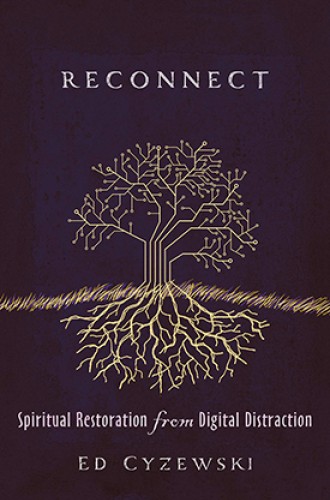We need our screens right now. But what about later?
Ed Cyzewski’s prepandemic takedown of the digital formation of Christians is still surprisingly useful.
God bless the authors of brand new books written in a prepandemic world. When Ed Cyzewski wrote Reconnect, the local church was largely an analog, embodied community. Many congregations had websites or Facebook pages, and some were live-streaming worship to reach homebound members—but the gathering happened in real life. The church’s disinclination to dwell on the cutting edge of technology could even be seen as something of a blessing. Cyzewski writes:
If the church has one asset going for it, it’s the fact that it offers a physical space where people reliably show up every week. That physical space does not need video screens, smartphones, or other forms of technology to accomplish its purpose, and if every scrap of technology were removed from most church sanctuaries, the experience on Sunday wouldn’t necessarily suffer or change that much—at least it shouldn’t.
I read those words in my pajamas on a Sunday morning in April, shortly after viewing on YouTube the worship service my colleagues and I had prerecorded using our smartphones.





